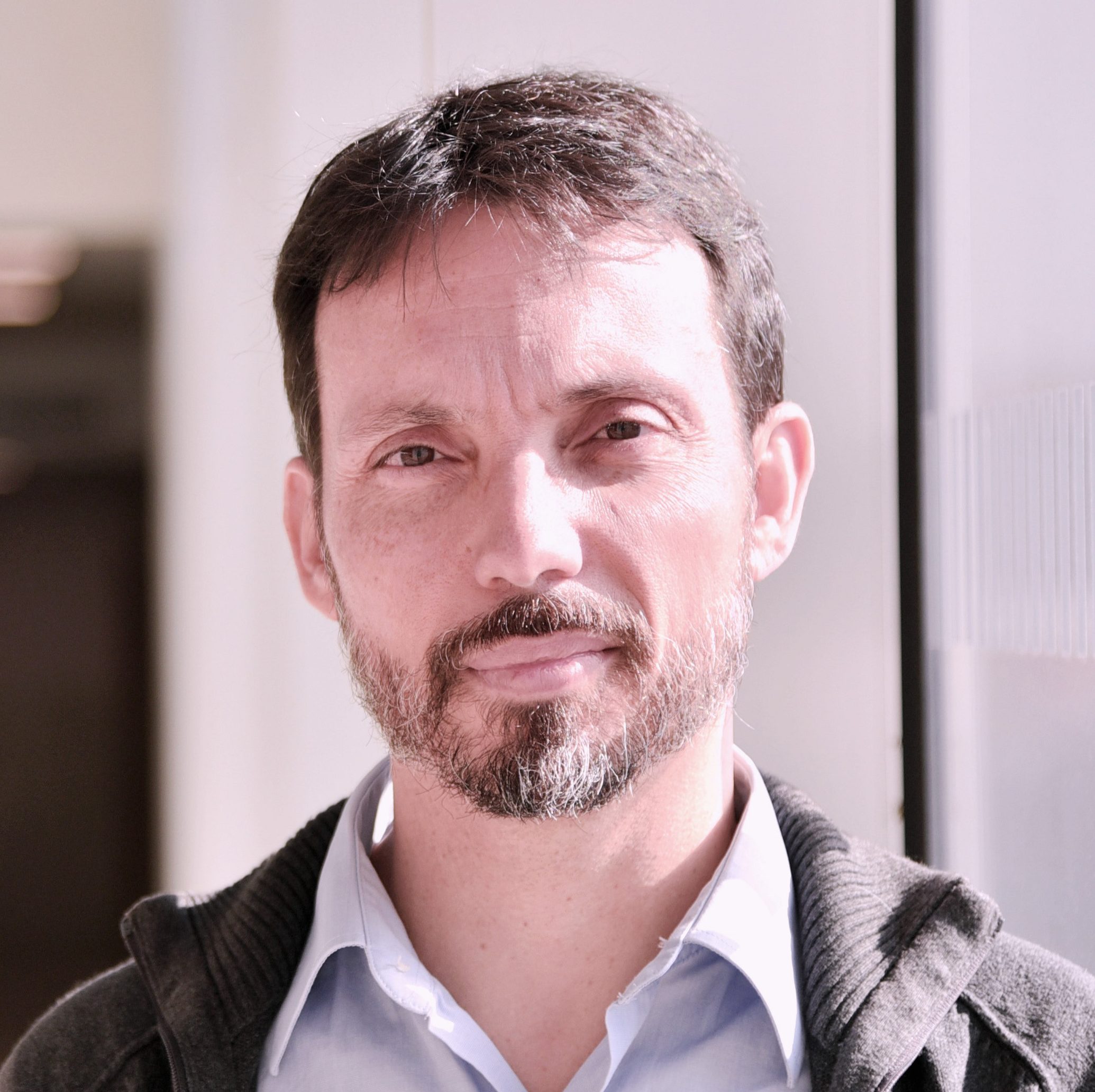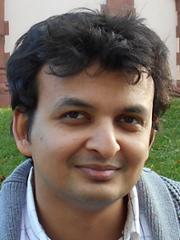
(Photo by Jorgen Hendriksen on Unsplash)
The third Machine Teaching for Humans (MT4H) Workshop will take place as part of the European Conference on Machine Learning and Principles and Practice of Knowledge Discovery in Databases (ECML-PKDD 2025) in Porto, Portugal. Previous editions were organised in 2024 in Valencia (Spain) and in 2023 in Madeira (Portugal).
Machine teaching, as the inverse problem of machine learning, involves a teacher designing optimal training strategies to guide a learner toward specific goals. In the context of Explainable AI (XAI), this paradigm offers exciting opportunities to enhance the interpretability, usability, and trustworthiness of AI systems. The workshop will address the following critical issues:
- Developing Human-Centric Teaching Paradigms for Explainability
- Integration of Machine Teaching and Explainability
- Ethics and Robustness
- Evaluation and Scalability
Machine teaching is an emerging sub-field in AI with a wide range of applications, for example, in healthcare, finance, and education, from personalised tutoring systems to accurate and explainable AI systems.
Due to few submissions, we move these submissions and all organization to the related ECML-workshop Interactive eXplainable AI – Theory and Practice (IXAIT 2025). We are sorry for any inconvenience this may pose.
Important Dates
- Submission Deadline: June 24, 2025 (23:59 Anywhere on Earth)
- Notification of Acceptance: July 17, 2025
- Workshop Date: September 19, 2025
Keynote Speaker
- TBA
Workshop Format And Tentative Schedule
The MT4H workshop will be a half-day program, including a 30-minute coffee break. The structure is designed to balance formal presentations, interactive discussions, and networking opportunities, ensuring a comprehensive and engaging experience for participants.
Tentative schedule:
- Keynote talk
- Oral presentation of selected contributions
- Poster session
Contact
For questions or further information, please contact the workshop organisers at cferri@dsic.upv.es.
We look forward to your contributions and to an engaging workshop on advancing the frontiers of machine teaching and explainable AI.
Workshop Organizers
“Machine Teaching for Explainable AI” is a joint project between the Department of Informatics at the University of Bergen, the Valencian Research Institute for AI (VRAIN) and industrial partners Equinor and Eviny. The project is financed by the Norwegian Research Council.








